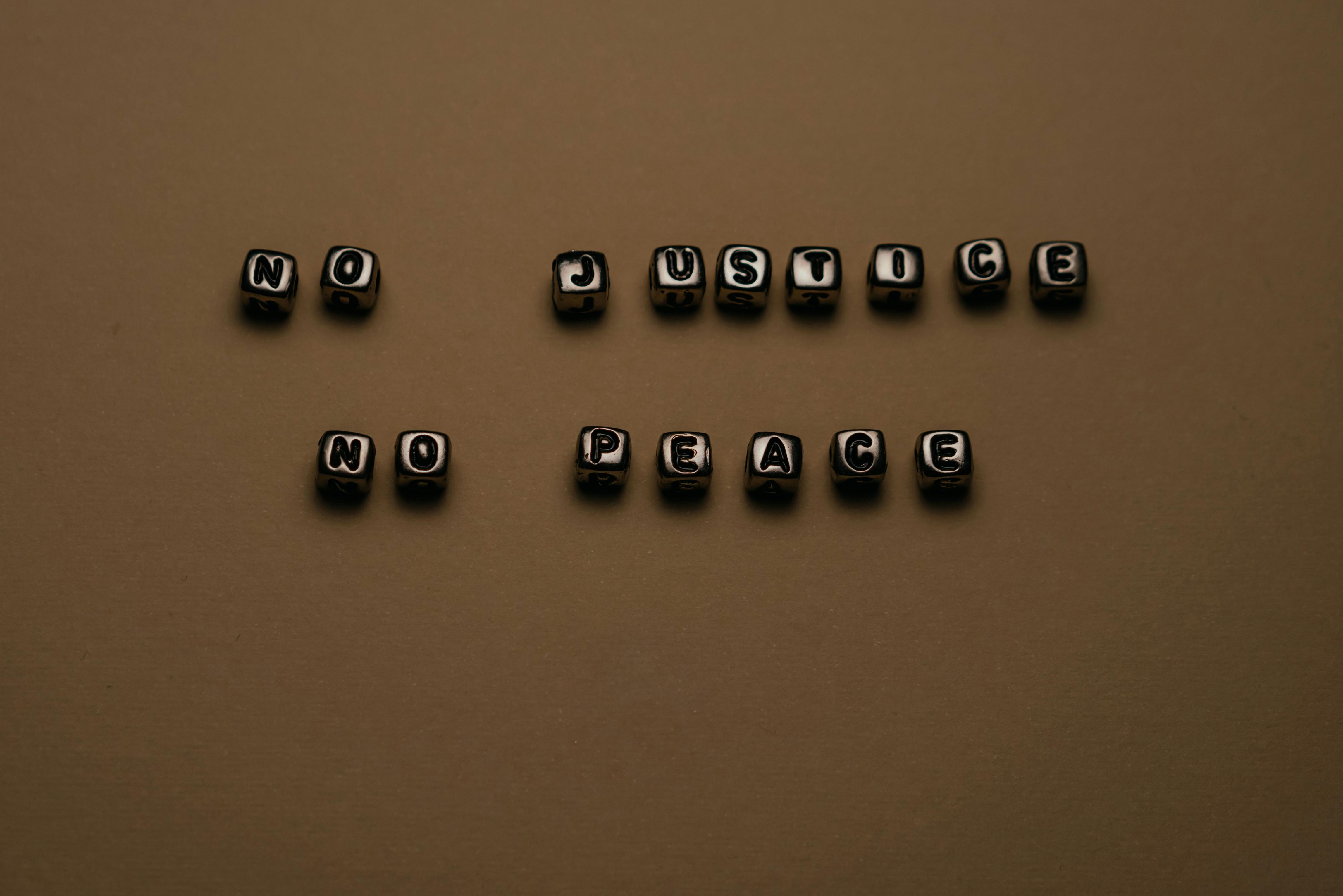Although the middle class has grown in Pakistan, nearly a quarter of the population is classified as poor as of October 2006. Girls face higher survival risks, are more subject to violence and abuse, and have less access to education, nutrition and health services. The low status of children and women is a manifestation of low levels of literacy, large gaps between legislation and enforcement, and limited participation in civil society.
This brings us to the taboo subject of prostitution. We say that slavery has disappeared from European civilization, but this is not true. Slavery still exists, but now it applies only to women and its name is prostitution (Victor Hugo). Who is a prostitute? According to the dictionary meaning, the one who requests and accepts payment for sexual acts. A prostitute (tawaif, also called a prostitute, prostitute, whore, prostitute, sex worker, or escort) is a person, most often a woman, who has sex with people in exchange for money.
Some countries have made prostitution illegal. Still, some countries like the Netherlands have legalized the same act and license people who work under this profession.
Prostitution is sometimes called the “oldest profession in the world”. There have been stories about it in almost every culture and society. At the time of the British Raj, this act was considered respectable. The ‘tawaif’ of that time was rich in labels and principles. The focus was largely on singing and dancing. It was pure innocent entertainment. Wealthy noblemen from all over the country sent their sons to these tawaifs so they could learn manners and poise. Over the years, innocent entertainment strayed and a new generation of prostitutes emerged, who lacked the skills to sing and dance and were only interested in making money to make a living by selling their bodies.
After partition in 1947, Pakistan inherited the historic red-light districts in Lahore and Multan, including the infamous Hira Mandi and Shahi Mohalla area. These were well-developed areas and attracted both wealthy clients and those looking for singers and actresses. This set of people are very particular about their caste system. Those who have knowledge and skills about music and dance are called ‘mirasi’ and those who engage in sexual activities are called ‘kanjars’. It is a great honor for a Mirasi to marry into a pure Mirasi family and for a Kanjar to marry into a pure blood of Kanjars.
Pakistan is an Islamic country. Islam strictly prohibits commercial sex due to the declaration of extramarital sex as an illegal activity. Prostitutes in the country therefore operate underground and despite legal difficulties, and contrary to popular belief, prostitution is thriving in the country. In Pakistan, prostitution was once associated with dark alleys and small red light districts. Now, it is rapidly penetrating many neighborhoods in the urban centers of the Muslim state.’ It’s time we all admit that prostitution is doing big business within our own borders.
It is so common now that girls are auctioned off. Some powerful men arrange to marry the girl or just kidnap her and then sell her! Girl auctions are organized for three types of buyers: wealthy visiting Arabs (state-funded sheikhs, businessmen, visitors, medical and university students), wealthy local gentry, and rural farmers; all of whom soon tire of their property and look for a new attraction.
Red light areas in big cities, especially Lahore, became restricted, barren and under continuous raids in the time of President Ayub Khan and later in the reign of President Zia-ul-Haq. At first, this was a ray of hope to eliminate prostitution from a pure land like Pakistan. But alas, evil spread like wildfire from then on. The result was that these women simply spread out in different parts of the city, making it more difficult to locate them. What did we achieve? A prostitute is no longer the one who lives in the slums like the Shahi Mohalla. A girl who lives two blocks from our house in DHA, Islamabad, is a prostitute. There is no criminal evidence against her, so you better mind your own business. There is no stopping this business!
People find it a shame to be associated with such women, and yet we regularly come across stories about how the most powerful people in our country travel to such places to find pleasure they are otherwise not entitled to.
We have to understand that it is not totally the prostitutes who are wrong. We are equally responsible for their ‘races’ and conditions. They are given no choice, no chance to become one of us. They are not provided equal opportunities. It is not the responsibility of a child who is born in the house of a prostitute. Whether they like it or not, they have to do the same business. Because it is ‘their’ social pressure, it is the only way they can make a living, because it is the wish of their mother and father (if they know him). They have to obey their parents and not complying with the wishes of your parents is considered contempt. Those who enter our society will not be accepted and will instead have to resort to drying their stomachs to death.
The most talented tawaifs aim to break into the film industry. Once they get a break, they deny any connection to their original place of birth for fear of not being accepted, regardless of their pious character. Officially it is illegal, but unofficially it is tolerated. Many times when a fair SSP is appointed, a regular round-up is carried out to capture some pimps and some women, but they are released after a night or two and everything is back to normal.
In a survey, I found that ninety-five percent of teenage prostitutes in Islamabad, Rawalpindi, and Lahore were sexually abused by their close relatives, friends, and teachers before they took up the profession of providing sexual favors for money. In stark contrast to the common assumption that prostitutes typically belong to the uneducated segment of society, the survey also found that 74 percent of them were university students.
The prostitutes featured in Bollywood and Lollywood movies are actually quite the opposite of reality. There are some prostitutes who charge high and like to be called ‘prostitutes’, the more modern term. But in the same society, there are prostitutes who work for 10-20 rupees. This is the level of illiteracy and poverty. The level of abortions of these women is also sky high. They do not engage in any courtship activity and “get down to business” immediately. This also increases the level of diseases. HIV AIDS and syphilis are the most common diseases that are transmitted through sex. And there is no cure unless advice and awareness are available.
Clause 6 of the UN Millennium Development Goals (MDGs) focuses on how to stop/prevent the spread of HIV/AIDS. If any of the MDG clauses fail, the entire project is considered a failure. Recognizing the importance of this is the first step. Every effort should be made to recreate a sense of humanity and ethics. Awareness must be created. If we can’t eradicate it, we can at least try to subdue it.
In May 1998, a Pakistani woman was threatened by the Supreme Court with severe punishment if she did not allow her ex-husband to have sex with her whenever he wanted. Although she remarried then, the Pakistani Court dissolved any respect for her happy married life. What right do we have to judge prostitutes when the legislators of the country are being insensitive in their decisions? Why should a woman have an extramarital affair when it is clearly not allowed in Islam or anywhere else? Is it morally, socially and ethically correct?
The activity of song and dance, as practiced in Shahi Muhallah and in many other places, facilitates the act of prostitution. In the old days, singing and dancing and ‘entertainment’ must have been the main focus of such activities. But there is no denying the fact that all this contributes to enticing a man to pay more. Among these men, there is at least a 50% proportion of those who pay even more to get the sexual pleasures. We have to understand that prostitutes will continue to increase in number as long as they remain in business, as long as there are customers. The basic economic concept applies here: supply equals demand. I will end my article on the lines of Don Quixote:
“Sanity can be madness but the greatest of all is to see life as it is and not as it should be.”



